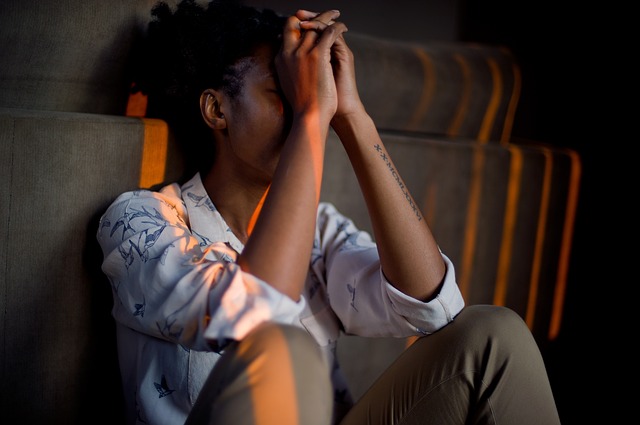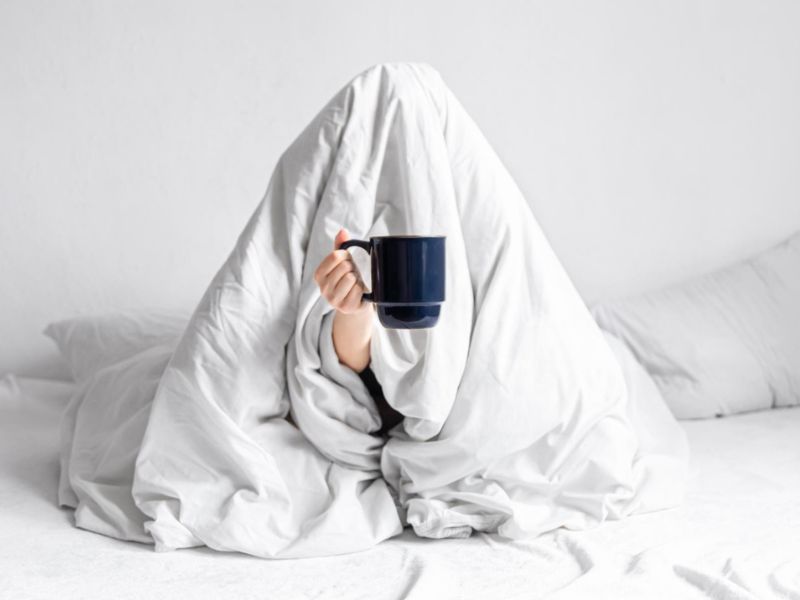Most people experience some level of anxiety from time to time.
In many situations, feeling anxious is perfectly normal – if you’re taking your driving test, for instance, or going for a job interview. But once the situation has passed, your anxiety should disappear too. It becomes more of an issue when you feel overwhelmed by anxiety on a more frequent basis – or even all of the time.
According to Anxiety UK, almost one in five people in the UK, aged 16 and older, showed symptoms of anxiety or depression. Anybody can be affected by anxiety, in fact, Hugh Grant, Ariana Grande, Ryan Reynolds and most recently former TOWIE star and fiancé of Rio Ferdinand, Kate Wright have all revealed their struggles with the disorder.
Feeling anxious more often than not can affect your day-to-day life in a negative way. The experts at the wellbeing charity CABA, believe the first step is to understand how anxiety can affect you.
When is anxiety a problem?
If you experience one or more of the following on a regular basis, you may have higher-than-normal levels of anxiety:
- You constantly worry that something bad will happen
- You always fear the worst
- Everything feels as if it’s going too fast or too slow
- You’re obsessed with negative experiences
- You look out for things that could go wrong all the time
- You’re irritable and find it impossible to relax
- You get flustered easily
Other signs that you may be experiencing long-term anxiety include smoking, drinking and using drugs to help you cope with the way you’re feeling – all of which may stop you enjoying life to the full.
Anxiety can also cause a range of physical symptoms, such as:
- Faster breathing or shortness of breath
- Increased or irregular heart rate
- Tiredness or insomnia
- Headaches, light-headedness or dizziness
- Sweating or having hot flushes
How can you help yourself?
If you suffer from long-term anxiety, and struggle to feel relaxed then it’s best to visit your GP, as you may be diagnosed withGeneralised Anxiety Disorder (GAD). Suffers of GAD can get treatments on the NHS such as talking therapies and anxiety medication to help manage their symptoms.
But there are also several things you can do yourself, the wellbeing experts at CABA recommend the following to manage the symptoms of anxiety:
Eat a balanced diet
Try to eat as healthily as possible, including at least 5 portions of fruit and vegetables a day. Consider avoiding foods such as sugar and caffeine, as they may make feelings of anxiety worse. Cut back on alcohol if necessary, and give up cigarettes if you’re a smoker as this may help you to feel calmer.
Get physical
Aim for at least 150 minutes of moderate intensity exercise each week, as physical activity helps to increase our production of ‘feel-good’ hormones that can help with stress and tension.
Relax more
Finding time for things that help you unwind can help relieve feelings of anxiety. Try some deep breathing exercises whenever you feel anxious.
Talk about it
Try not to bottle up any feelings of anxiety you may be having, as talking about it could help you manage whatever’s causing those feelings. This is especially important at work, as workplace stress can have a huge impact on your overall wellbeing, from causing insomnia to straining relationships.
Talking about anxiety and your uncertainties can be difficult, but it’s important to take the first step and understand how anxiety is impacting you. For more tips and advice on managing anxiety, visit CABA’s help and guides.









